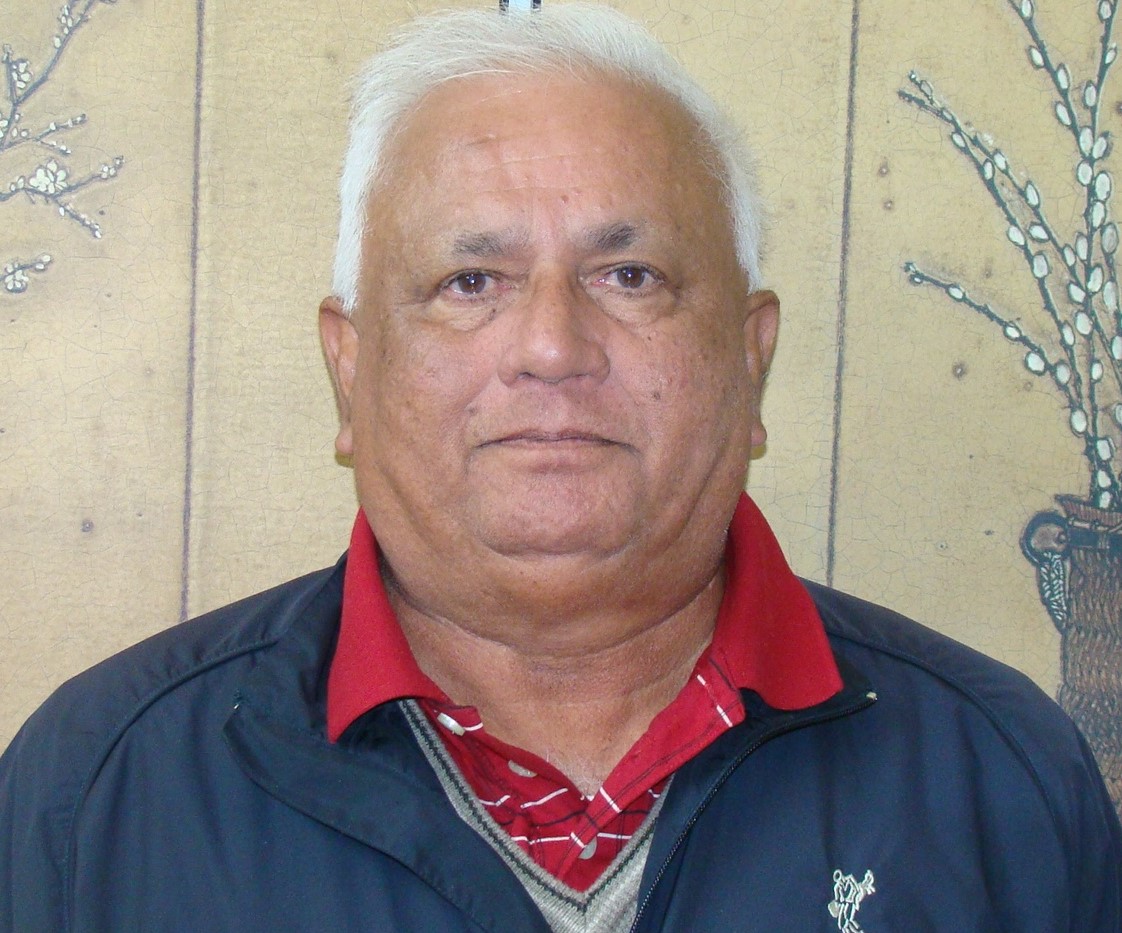No two ways about it -- the Pakistani Taliban or Tehreek-i-Taliban Pakistan (TTP) is committed to violent terrorism. In the aftermath of murderous attacks, most recently a suicide attack in a mosque in Peshawar, one would expect the state to declare total and unremitting war on the TTP , the largest and deadliest militant umbrella organization in Pakistan.
Absent the implacable resolve to combat terrorism, the Taliban resurgence can have dangerous consequences. The TTP has no interest in processing its grievances through "illegitimate" political or legal institutions. There is an urgent need to reestablish the writ of the state and respect for coercive state power.
The dysfunction of the state, unending political instability, and unprecedented economic crisis encourage the TTP. It is a good time for insurgent groups to strike against the state. Disagreement on the problem that the TTP represents -- vicious terrorism or the violent demonstration of an unsettled political and social conflict -- has compounded the difficulties in establishing a coherent strategy against the TTP.
In contrast, the TTP's stance towards the state is unambiguous, unrelenting, and irreconcilable -- the democratic system is at war with Islam because it opposes Jihad and the enforcement of Sharia laws in Pakistan. Pakistanis need only look at the Islamic caliphate in Afghanistan to see the dark future that the TTP envisages for Pakistan.
Yet, separate polls by Gallup Pakistan in 2021 yielded mixed results; the first showed that 55% of Pakistanis are happy with the Taliban rule in Afghanistan; it found support to be highest in KP, among males, urban areas, and older people; and the second that nearly 1 in 3 Pakistanis (31%) said that they do not want the type of Islamic government in Pakistan that the Taliban have brought in Afghanistan. In an earlier Gallup poll in 2017, two in three Pakistanis, or 67 percent of the population, had said that they support the imposition of Sharia as the only law in Pakistan.
The fact that officialdom and the population at large are not fully aware of the growing threat of radicalization of society is troubling. A result is the confused policy of appeasement or confrontation towards the TTP. It has allowed the TTP to remain a potent internal security threat, even though the group, based on its dogma, can never reconcile with the state without giving up the raison d'être for its existence.
At crucial moments in the conflict, the state has appeared powerless in the face of the endless stream of TTP atrocities. These atrocities have claimed the lives of thousands of security forces personnel and innocent civilians in the country since 2007. The state needs to rediscover the resolve that degraded the TTP through punitive military operations and ideological warfare in 2018 before it is too late.
How could the TTP be eliminated? All it would take would be for the Taliban rulers of Afghanistan to deny safe-haven to TTP fighters. It would be consistent with Taliban commitments not to allow global terrorist groups to use Afghanistan as a terrorist hub. Admittedly, an unlikely scenario because of the ideological affinity and close camaraderie between the Afghan Taliban and the TTP.
Unsurprisingly, the pragmatic Afghan Taliban have quickly set aside the crucial help they received from Pakistan to recapture power in Afghanistan in 2021. Instead, the Taliban has allowed the TTP to regroup in a renewed challenge to Pakistan. The decision by Kabul to choose the TTP over Pakistan is easy to understand. Pakistan has few choices in Afghanistan. It cannot risk antagonizing the Taliban government.
With little leverage over the Afghan government in cahoots with the TTP, Pakistan has to risk going after the TTP alone. It could involve air strikes and cross-border military operations against the TTP. Such a strategy will probably aggravate existing anti-Pakistan sentiments in Afghanistan.
But Pakistan has little choice. If it doesn't eliminate the TTP threat soon, the creeping Islamization of society will provide fertile ground for the TTP's ultimate goal of taking over the state. The TTP can wait safely in Afghan sanctuaries while its supporters multiply and the state continues its march toward failure.





